Introduction
In our previous Blog, we had extensively discussed the important dates for GSoC 2021, its eligibility criteria, and the benefits of participating in it. Today we will elaborate on the proposal writing for the Google Summer Of Code.
In case you aren’t aware, GSoC is organized every year by Google to help students find open-source organizations and projects. Not only students, but they also assist organizations to filter out students’ proposals and pay them as the internship ends. With the pandemic straining folks’ time the GSoC team is changing the size of the projects and time commitment students are expected to spend on their projects.
Starting in 2021, students will be focused on a 175-hour project over a 10-week coding period. Applications for interested open source project organizations open on January 29th, and student applications open on March 29, 2021.
As students are learning in many different educational formats in 2020, we are opening up the 2021 program to students 18 years and older who are:
- Enrolled in post-secondary academic programs (including college, university, Masters Programme, PhD Programme, and Undergraduate Program, or licensed coding school, etc. as of May 17, 2021.
- Have graduated from a Post-Secondary Academic Programme between December 1, 2020, and May 17, 2021.
Why is it called the Summer of Codes? That’s because usually before summer, Google opens a portal and lists down a range of projects that several organizations want students to solve like Apache, Eclipse, Mozilla, GNOME, and many more.
Stages of GSoC
The Google Summer Of Code comprises of five stages which include the following:
- Application
- Students project selection period
- Community bonding period
- Coding extensively
- Final evaluation
The GSoC proposal
- Title: Short and precise
- Synopsis: Based on the format, start your proposal with a summary, designed to convince the reviewer to read the rest of the proposal
- Benefits to Community: Ensure that your project aims to benefit the larger purpose by serving the community. Any reputed organization will aim to fund you if your proposal benefits a large audience with a significant impact.
- Deliverables: Include a brief, clear work breakdown structure with milestones and deadlines
- Related Work: Do your research, and make sure you understand how the project you are proposing fits into the target organisation
- Biographical Information: Be sure to communicate personal experiences and skills that might be relevant to the project. Summarise your education, work and open source experience. Any published work, successful open-source projects and the like should be mentioned.
- Follow the rules: Under all circumstances, you are requested to adhere to the guidelines that can help your application get a green signal.
Submit a Draft Proposal early
Submit your draft proposal early during the application period so that the organization mentors can review it and ask you questions or request more detail on aspects of your proposal before the final deadline. The earlier you submit a well-written draft proposal, the more time they have to give you feedback on it so you can make it stronger and understand more of what they are looking for.
Follow the instructions from the organizations on the content and format of your proposal. You must create the draft and write an abstract before sharing the draft with the organization. You can edit the draft as many times as you wish before the application deadline.
Submitting a Final PDF Proposal
Before the application period closes you must submit a Final PDF Proposal – this must be done for your proposal to be considered for the GSoC program. If you only submit a draft and fail to submit the Final PDF Proposal the organizations will not be able to see your proposal. Therefore, it will not be able to accept you – it is an automatic reject from the system.
Ask for feedback on your proposal
Just like in job interviews, gathering information about why your proposal wasn’t accepted is a great thing to do to improve your next application. Some example questions to politely ask if your proposal is turned down include:
- Was there a mismatch between my skills and the project requirements? If so, what skill areas can I work on to be better qualified next year?
- Did I engage enough with the community during the application process?
- Do you have any suggestions on how to improve my pre-application communication?
- Was my project plan clear? Do you have any suggestions on how I can better communicate my ideas via the project plan next year?
Following up and getting more information about what you might be able to do differently next time is a great pathway to success.
Focus areas for GSoC 2021
- Select an Organisation: Visit the GSoC Organisations Page and shortlist the organization you want to be associated with, basis your domain and skillset.
- Start Contributing: Start with small contributions to your project and then move on to the major ones. Take everything steps by step but contribute as much as possible.
- Keep Contributing Until the Organisations are announced: Keep contributing until your organization gets announced by Google (Feb-March).
- Make Your Project Proposal: Send your project proposal as soon as possible and request feedback from the mentor.
- Keep Contributing & Wait for The Result: Don’t sit idle once you submit your proposal. Keep contributing, it will make a good impression and build your image as a serious contributor.
Payments
It is done in two pieces. The first payment is sent shortly after you pass the Phase 1 evaluation. The final payment is sent once you pass your final evaluation. Both of these payments take a few business days to become active on your card or in your bank account if you choose direct deposit.
Certificate of Completion
You may receive a digital certificate of completion at the end of the program if you successfully pass GSoC. The rest of your experience with the program will be determined by your interactions with the community within your mentoring organization. Most students consider the interactions with their mentor and the rest of the open-source community they’re involved with to be the most important part of the Google Summer of Code experience.
To check the timelines and other important details of the application, you can check out our previous blog and also read about how to get placed in the product-based company.
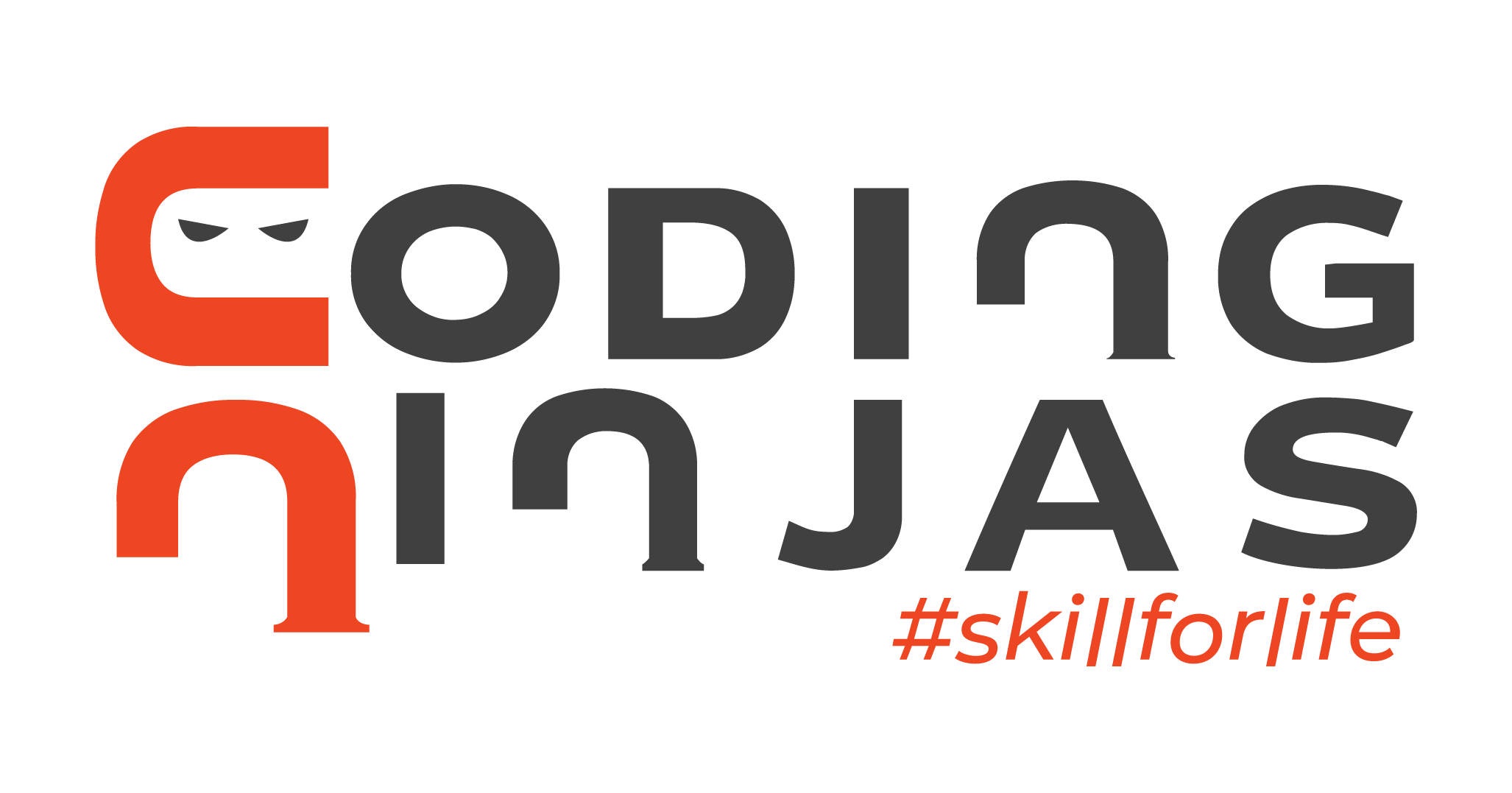
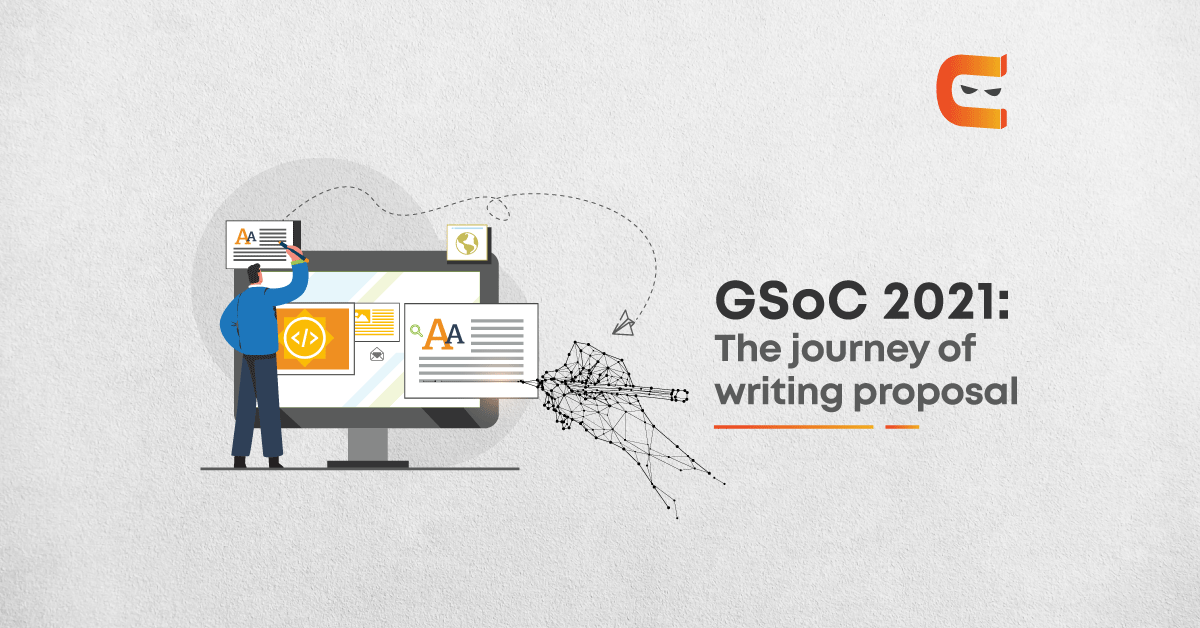
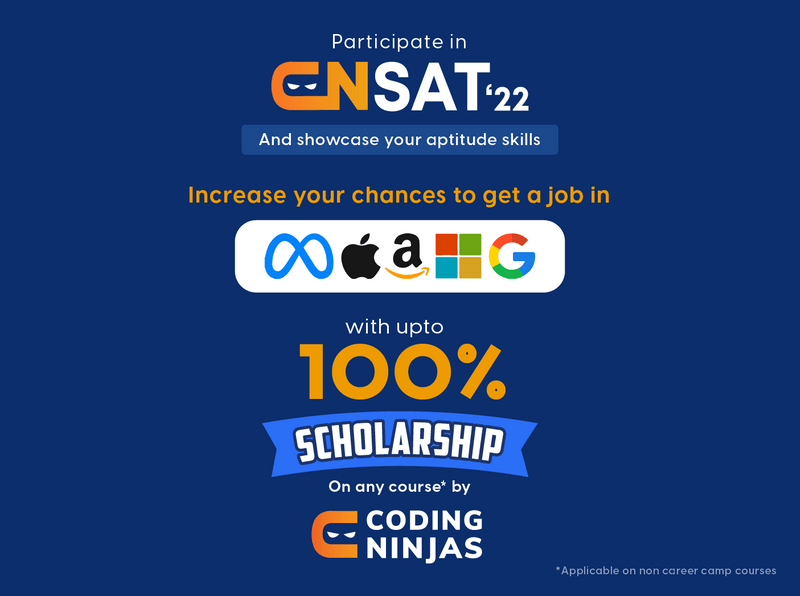


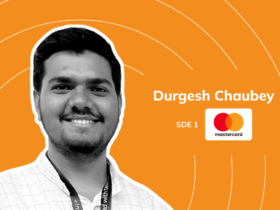
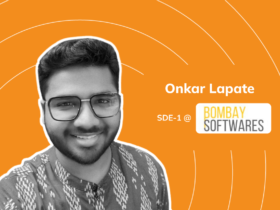








Thanks for providing good knowledge